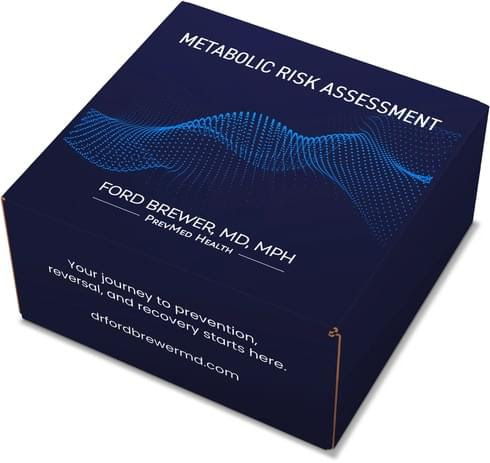Generally, inflammation is a sign that our body’s immune system is responding to an injury or illness. Acute inflammation is short-term, immediate and is often localized. Systemic or chronic inflammation, on the other hand, tends to be long-term and may be spread across different areas of the body. Without proper diagnosis and treatment, chronic inflammation can wreak havoc on your health and overall well-being. PrevMed invites you to look at the issue in a little more depth.
When to Contact a Doctor
Mind Body Green states that digestive issues such as constipation, bloating, and unexplained weight in your stomach may be cause for concern and a sign of inflammation. Other possible indicators are chronic fatigue, sudden development of eczema or gum disease, and persistent nasal congestion. Once you have contacted a doctor with your concerns, they may order certain tests that would confirm or contest the diagnosis. These tests include C-reactive protein and various interleukin tests.
Causes and Effects of Chronic Inflammation
Chronic inflammation can be caused by a number of things such as leaving an injury untreated and having an autoimmune disease. Autoimmune diseases occur when the body’s immune system attacks healthy cells instead of unhealthy ones. There are over 80 possible autoimmune diseases that include Lupus and type 1 diabetes.
While chronic inflammation can be caused by disease, it can lead to other diseases as well. Harvard Medical School explains the link between the two, finding that persons suffering from chronic inflammation may also be at risk for developing heart disease, cancer, and Alzheimer’s. While the full range of diseases that may develop from inflammation is still being explored, it’s worth mentioning to your doctor if you’re experiencing sudden symptoms of these diseases. It’s especially important if you have no predisposition to the diseases.
Treatment and Pain Management Options
If you’ve been officially diagnosed with chronic inflammation, the next step will be for your doctor to explore the possible treatment and pain management options. This will entail identifying the cause of the inflammation and determining the relevant course of treatment if applicable. Instead of relying on pain management, steroids, or NSAIDs, PrevMed aims to uncover the root cause of your inflammation. From there, they will determine the best course of action so you can begin to move forward with your life.
How Diet and Lifestyle Changes Can Help
Recent studies have established a link between the balance of microorganisms in the stomach and overall health. This combination of over a trillion microbes is known as the gut microbiome and these microbes aid in the digestion of food, production of vitamins and the regulation of our immune system.
With that in mind, it’s no surprise that this article by Bio K Plus discusses the link between the unbalanced gut microbiome and chronic inflammation. When the number of good bacteria decreases in the gut, it can lead to the release of endotoxins that are known to cause inflammation. It makes sense then to take care of your gut microbiome by doing beneficial things like avoiding stress, keeping hydrated as well as including prebiotics and probiotics in your diet.
It takes a while to develop a healthy lifestyle. Rapid changes forward can often result in rapid changes backward, so make sure you stick with these new healthy habits for the long haul, even when the going gets rough.
Chronic inflammation can not only be very disruptive to your life, but it can also have a significant impact on your overall health. That is why it’s important to determine when it’s time to contact your doctor to get things under control as soon as possible.
Written by:
Cheryl Conklin
Guest Author
wellnesscentral.info
If you found this article helpful and want to start taking steps toward reversing your chronic disease, Dr. Brewer and the PrevMed staff are ready to serve you no matter where you’re located.
To find out more, schedule a consult here: prevmedhealth.com

